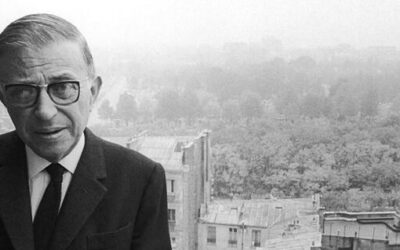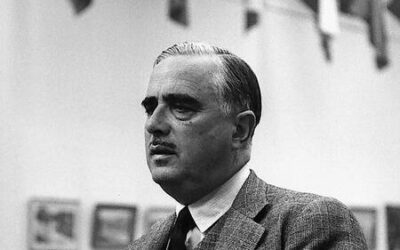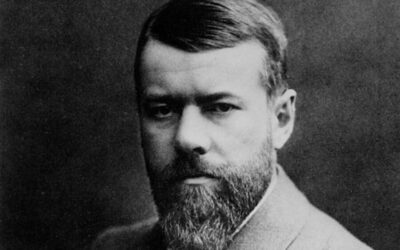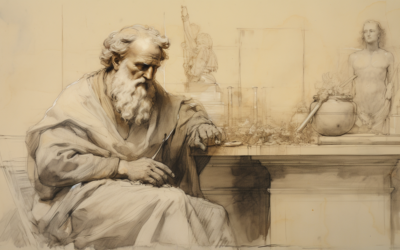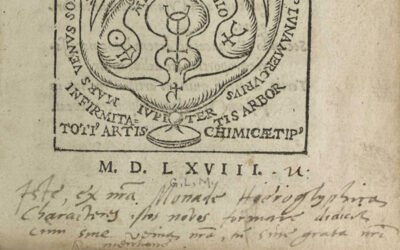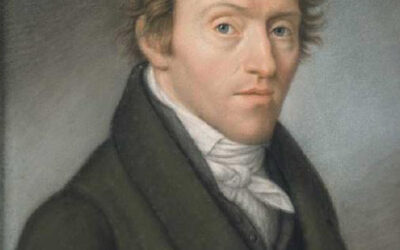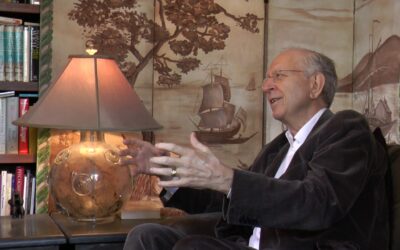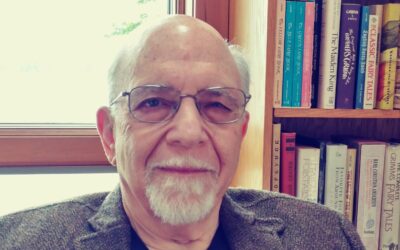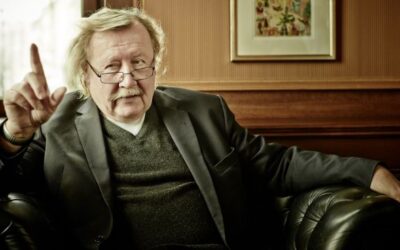Who was Jean-Paul Sartre? Jean-Paul Sartre (1905-1980), the renowned French philosopher, novelist, and playwright, stands as one of the most influential thinkers of the 20th century. His philosophical ideas, particularly his conception of existentialism, have had a profound impact on various fields, including psychology, psychotherapy, and our understanding of the human condition. Sartre's emphasis on human freedom, responsibility, and the inherent meaninglessness of existence has challenged traditional notions...
Jacob Burckhardt: A Life of Cultural History and Psychological Insight
Who was Jacob Burckhardt? Jacob Burckhardt (1818-1897), the renowned Swiss historian and philosopher of culture, has made an indelible impact on our understanding of the Renaissance, modernity, and the nature of historical change. His groundbreaking works, such as "The Civilization of the Renaissance in Italy" (1860) and "Reflections on History" (1868), have not only reshaped the field of cultural history but also provided valuable insights into the psychological dimensions of historical transitions and the role...
Max Weber: The Architect of Modern Sociology
Who Was Max Webber? Max Weber (1864-1920) stands as one of the founding fathers of modern sociology, alongside Émile Durkheim and Karl Marx. His groundbreaking work on social theory, religion, bureaucracy, and the nature of modernity has profoundly shaped our understanding of society and continues to influence social sciences today. Weber's multifaceted approach to studying social phenomena, combining historical analysis with a keen understanding of economic and political structures, has provided invaluable...
Zosimos of Panopolis: The Alchemical Philosopher and His Legacy
Who was Zosimos of Panopolis? Zosimos of Panopolis, a Greek-Egyptian alchemist and Gnostic mystic who lived around the end of the 3rd and beginning of the 4th century AD, stands as one of the most influential figures in the history of alchemy and early chemistry. His works, though fragmented and often cryptic, provide invaluable insights into the philosophical and practical aspects of early alchemical thought. This essay aims to explore Zosimos' life, his major contributions to alchemy, and the lasting impact of...
Gerhard Dorn: Alchemist, Philosopher, Visionary
1. Who Was Gerhard Dorn? 1.1. The Life and Times of Gerhard Dorn Gerhard Dorn (c. 1530-1584) was a prominent figure in the 16th century world of alchemy, philosophy, and medicine. Living during the height of the Renaissance and the dawn of the Scientific Revolution, Dorn made significant contributions to the development of alchemical thought and practice. His ideas influenced many later alchemists and had a lasting impact on Western esoteric traditions. Little is known about Dorn's early life and education. He...
Friedrich Creuzer: Mythographer whose influence helped found psychology
Who was Friedrich Creuzer? Friedrich Creuzer (1771-1858) was a groundbreaking German philologist and archaeologist whose pioneering research into ancient mythology and symbolism had a significant impact on the fields of comparative religion, anthropology, and psychology in the 19th century. Creuzer's magnum opus "Symbolik und Mythologie der alten Völker, besonders der Griechen" ("Symbolism and Mythology of the Ancient Peoples, Especially the Greeks"), first published in 1810-1812, offered a sweeping...
Murray Stein: Bridging Jungian Psychology and Contemporary Thought
Who is Murray Stein? 1.1 Murray Stein's multifaceted contributions Murray Stein, an American Jungian analyst, author, and scholar, has made significant contributions to the field of analytical psychology, bridging the gap between traditional Jungian thought and contemporary perspectives. His work spans a wide range of topics, including the process of individuation, the role of spirituality in psychological development, and the cultural implications of Jungian ideas. Stein's ability to articulate complex concepts...
Nathan Schwartz-Salant: Illuminating the Depths of the Psyche
Who was Nathan Schwartz-Salant? 1.1 Nathan Schwartz-Salant's multidisciplinary approach Nathan Schwartz-Salant, an American Jungian analyst and author, has made significant contributions to the field of depth psychology, offering innovative perspectives on the complex dynamics of the human psyche. His work spans a wide range of topics, including alchemy, narcissism, borderline personality disorder, and the creative process, reflecting his multidisciplinary approach to understanding the mind. Schwartz-Salant's...
Clarissa Pinkola Estés: The Archetypal Storyteller and Healer
Who is Clarissa Pinkola Estes? 1.1 Clarissa Pinkola Estés' multidisciplinary approach Clarissa Pinkola Estés, an American poet, Jungian psychoanalyst, and post-trauma specialist, has emerged as one of the most influential and inspiring voices in the fields of depth psychology, spirituality, and women's empowerment. Her work spans a wide range of disciplines, including psychology, mythology, folklore, and creative writing, making her a truly multidisciplinary thinker. Estés' unique approach to storytelling and...
Peter Sloterdijk: The Pioneering Metamodern Philosopher
Who is Peter Sloterdijk? 1.1 Peter Sloterdijk's multidisciplinary approach Peter Sloterdijk, a German philosopher, cultural theorist, and essayist, has emerged as one of the most influential and thought-provoking thinkers of the 21st century. His work spans a wide range of disciplines, including philosophy, psychology, anthropology, and political theory, making him a truly multidisciplinary thinker. Sloterdijk's unique approach to philosophy has earned him a reputation as a provocative and original thinker,...

